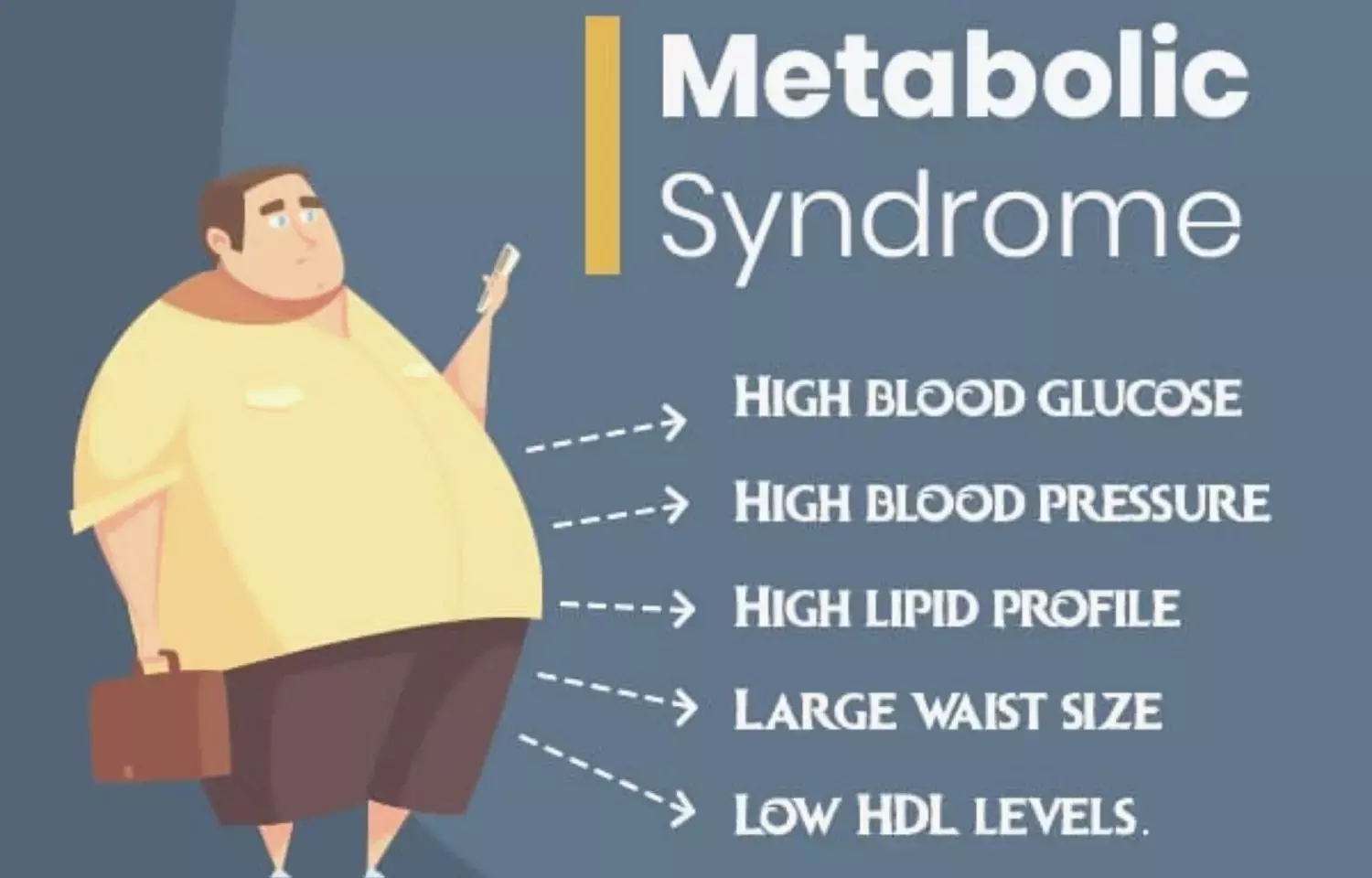- Home
- Medical news & Guidelines
- Anesthesiology
- Cardiology and CTVS
- Critical Care
- Dentistry
- Dermatology
- Diabetes and Endocrinology
- ENT
- Gastroenterology
- Medicine
- Nephrology
- Neurology
- Obstretics-Gynaecology
- Oncology
- Ophthalmology
- Orthopaedics
- Pediatrics-Neonatology
- Psychiatry
- Pulmonology
- Radiology
- Surgery
- Urology
- Laboratory Medicine
- Diet
- Nursing
- Paramedical
- Physiotherapy
- Health news
- Fact Check
- Bone Health Fact Check
- Brain Health Fact Check
- Cancer Related Fact Check
- Child Care Fact Check
- Dental and oral health fact check
- Diabetes and metabolic health fact check
- Diet and Nutrition Fact Check
- Eye and ENT Care Fact Check
- Fitness fact check
- Gut health fact check
- Heart health fact check
- Kidney health fact check
- Medical education fact check
- Men's health fact check
- Respiratory fact check
- Skin and hair care fact check
- Vaccine and Immunization fact check
- Women's health fact check
- AYUSH
- State News
- Andaman and Nicobar Islands
- Andhra Pradesh
- Arunachal Pradesh
- Assam
- Bihar
- Chandigarh
- Chattisgarh
- Dadra and Nagar Haveli
- Daman and Diu
- Delhi
- Goa
- Gujarat
- Haryana
- Himachal Pradesh
- Jammu & Kashmir
- Jharkhand
- Karnataka
- Kerala
- Ladakh
- Lakshadweep
- Madhya Pradesh
- Maharashtra
- Manipur
- Meghalaya
- Mizoram
- Nagaland
- Odisha
- Puducherry
- Punjab
- Rajasthan
- Sikkim
- Tamil Nadu
- Telangana
- Tripura
- Uttar Pradesh
- Uttrakhand
- West Bengal
- Medical Education
- Industry
Risk of Metabolic syndrome with clozapine is not higher than other antipsychotics, finds study.

Clozapine use is conventionally considered to be associated with higher risks of metabolic side effects and cardiovascular diseases (CVD). A recent study published in Asian Journal of Psychiatry has challenged this popular notion and found that cardiometabolic parameters appear better in Clozapine users compared to non-clozapine antipsychotic users. This could be due to greater awareness, earlier detection and treatment.
Clozapine has been associated with obesity and metabolic side effects such as dyslipidemia, hypertension and elevated glucose levels. The present study aimed to establish and compare the cardiometabolic profile between non-clozapine antipsychotic and clozapine users with schizophrenia.
Data from 88 non-clozapine and 166 clozapine users were extracted from existing databases - demographics, medications, smoking and medical histories, anthropometric parameters, serum lipid and fasting glucose levels. Prevalence of metabolic syndrome (MetS) was established using the AHA/NHLBI criteria. Cardiovascular risk profiles were established using the Framingham risk score (FRS).
It was found that :
1. The clozapine group had significantly higher proportions of diagnosed hypertension, diabetes mellitus and dyslipidemia.
2. However, the non-clozapine antipsychotic group had poorer anthropometric, serum lipids and glucose levels.
3. The prevalence rates of MetS was similar in both the groups.
4. As for CVD risk, the non-clozapine antipsychotic group had significantly higher FRS.
The most important finding is that clozapine users have lower 10-year cardiovascular disease risk – due to early detection and treatment of metabolic disorders. The findings are inconsistent with the studies that have reported poorer cardiometabolic health in clozapine users.
One possible explanation might be the greater awareness of clozapine metabolic risks. Individuals prescribed with clozapine have to undergo mandatory haematological monitoring due to the risk of developing agranulocytosis. This monitoring rigour might have also facilitated the detection of any underlying physical health issues, which could explain the significantly higher rates of diagnoses in this group.
Key message: Regardless of the type of antipsychotic used, metabolic abnormalities are prevalent in individuals with schizophrenia; physical healthcare should be prioritised alongside mental healthcare in this group.
Source: Asian Journal of Psychiatry: https://doi.org/10.1016/j.ajp.2022.103192
M.B.B.S, M.D. Psychiatry
M.B.B.S, M.D. Psychiatry (Teerthanker Mahavir University, U.P.) Currently working as Senior Resident in Department of Psychiatry, Institute of Human Behaviour and Allied Sciences (IHBAS) Dilshad Garden, New Delhi. Actively involved in various research activities of the department.
Dr Kamal Kant Kohli-MBBS, DTCD- a chest specialist with more than 30 years of practice and a flair for writing clinical articles, Dr Kamal Kant Kohli joined Medical Dialogues as a Chief Editor of Medical News. Besides writing articles, as an editor, he proofreads and verifies all the medical content published on Medical Dialogues including those coming from journals, studies,medical conferences,guidelines etc. Email: drkohli@medicaldialogues.in. Contact no. 011-43720751


